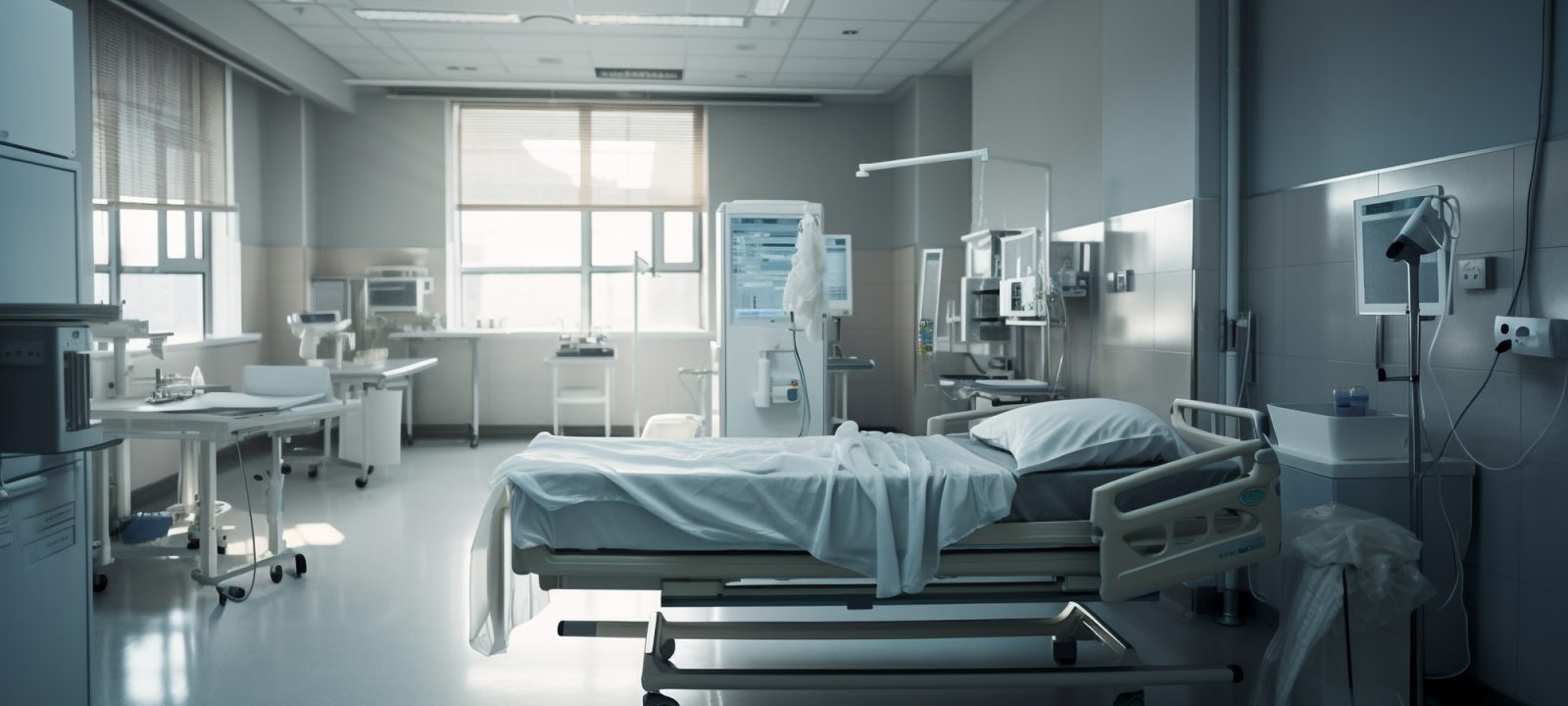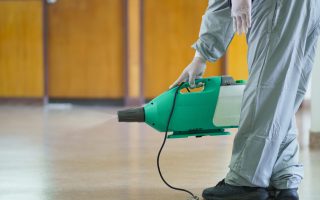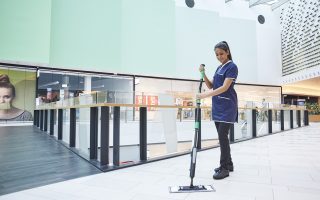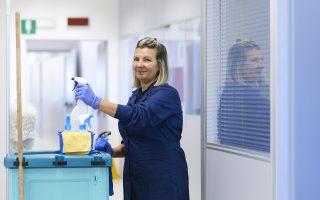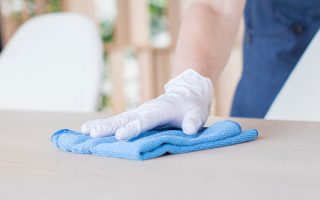Why Healthcare Cleaning Frequency Matters More Than Ever
In healthcare environments, cleanliness isn’t just a matter of aesthetics—it’s a critical component of patient safety, infection control, and regulatory compliance. With evolving standards such as the National Standards of Healthcare Cleanliness 2025 (NHS England) and increasing public scrutiny, healthcare cleaning frequency must be tailored, transparent, and rigorous.
At Samsic UK, we specialise in providing bespoke healthcare cleaning services to NHS trusts, private hospitals, clinics, and care homes. Our expertise ensures that every facility is not only visibly clean but clinically safe.
What Determines the Right Healthcare Cleaning Frequency?
There is no one-size-fits-all answer. Cleaning schedules should reflect a facility’s risk level, usage intensity, patient vulnerability, and regulatory requirements. However, below are key drivers that determine the optimal frequency:
1. Risk Assessment & Zoning
The NHS cleaning standards classify spaces into very high, high, moderate, and low-risk zones.
- Very high-risk areas (e.g., surgical theatres, ICUs): Cleaned continuously throughout the day with strict disinfection protocols.
- High-risk areas (e.g., inpatient wards, treatment rooms): Require multiple cleanings per day, including after every patient interaction.
- Moderate-risk areas (e.g., waiting rooms): Typically cleaned at least twice a day, depending on footfall.
- Low-risk areas (e.g., administrative offices): May be cleaned once daily.
2. Touchpoint Cleaning
High-touch surfaces (e.g., bed rails, door handles, call buttons) should be disinfected multiple times daily. At Samsic, our teams use AI-powered auditing tools and chemical-free disinfection systems like Toucan Eco Active to ensure safe, sustainable hygiene practices.
3. Outbreak and Pandemic Protocols
During heightened periods of infection risk (e.g., COVID-19, norovirus), cleaning frequencies are escalated. Samsic’s agile response model enables rapid mobilisation of enhanced cleaning protocols during outbreaks or surges in patient admissions.
What the Regulations Say: A Snapshot
NHS England’s 2025 Standards
These require:
- Measurable auditing via a star-rated system
- Cleaning frequencies aligned to risk categories
- Accountability and traceability of all cleaning activities
CQC (Care Quality Commission) Compliance
Healthcare providers must demonstrate that cleaning schedules meet standards for safety, effectiveness, and leadership. Samsic ensures every site is audit-ready through digital cleaning logs and on-site compliance managers.
Samsic UK’s Approach to Healthcare Cleaning
We go beyond the checklist. With over 3,400 sites serviced daily and a team of fully BICSc-trained operatives, our healthcare cleaning model combines innovation with compassion. Our approach includes:
- Customised Cleaning Plans aligned with CQC and NHS standards
- Chemical-free disinfection systems like Toucan Eco Active
- Data-led insights from AI sensors for demand-based cleaning
- Experience across care homes, hospitals, and dental surgeries
- Inclusive recruitment and training to ensure service continuity
How Often Should Healthcare Facilities Be Deep Cleaned?
In addition to routine cleaning:
- Operating theatres & ICUs: Weekly deep cleans or more frequently
- Inpatient rooms: On discharge and weekly
- Communal spaces: Monthly or after any contamination
Samsic offers scheduled and ad hoc infection control cleans, including terminal cleans for isolation rooms.
Best Practices for Effective Cleaning Frequency Management
- Regular audits and dynamic updates to schedules
- Use of digital tools for real-time reporting and tracking
- Involving clinical staff in collaborative cleaning feedback
- Ongoing training to adapt to emerging infection risks
Cleaning Frequency is a Care Standard
Your cleaning schedule reflects your commitment to care. With Samsic UK as your partner, you can meet and exceed expectations for healthcare hygiene, creating safer environments for patients, visitors, and staff alike.
Contact us today on 02476 549000 or get in touch to arrange your free site hygiene assessment.
FAQ: Healthcare Cleaning Frequency
Q: How often should a hospital be cleaned?
A hospital’s cleaning frequency depends on risk zones, but critical areas are typically cleaned multiple times per day.
Q: What cleaning frequency is required for CQC compliance?
CQC expects demonstrable, risk-based cleaning schedules supported by audit trails.
Q: What’s the difference between routine and terminal cleaning?
Routine cleaning is daily upkeep, while terminal cleaning is deep disinfection after patient discharge or infection.
Q: Can Samsic help during infection outbreaks?
Yes. We offer emergency deep cleaning, surge support teams, and rapid mobilisation protocols.

